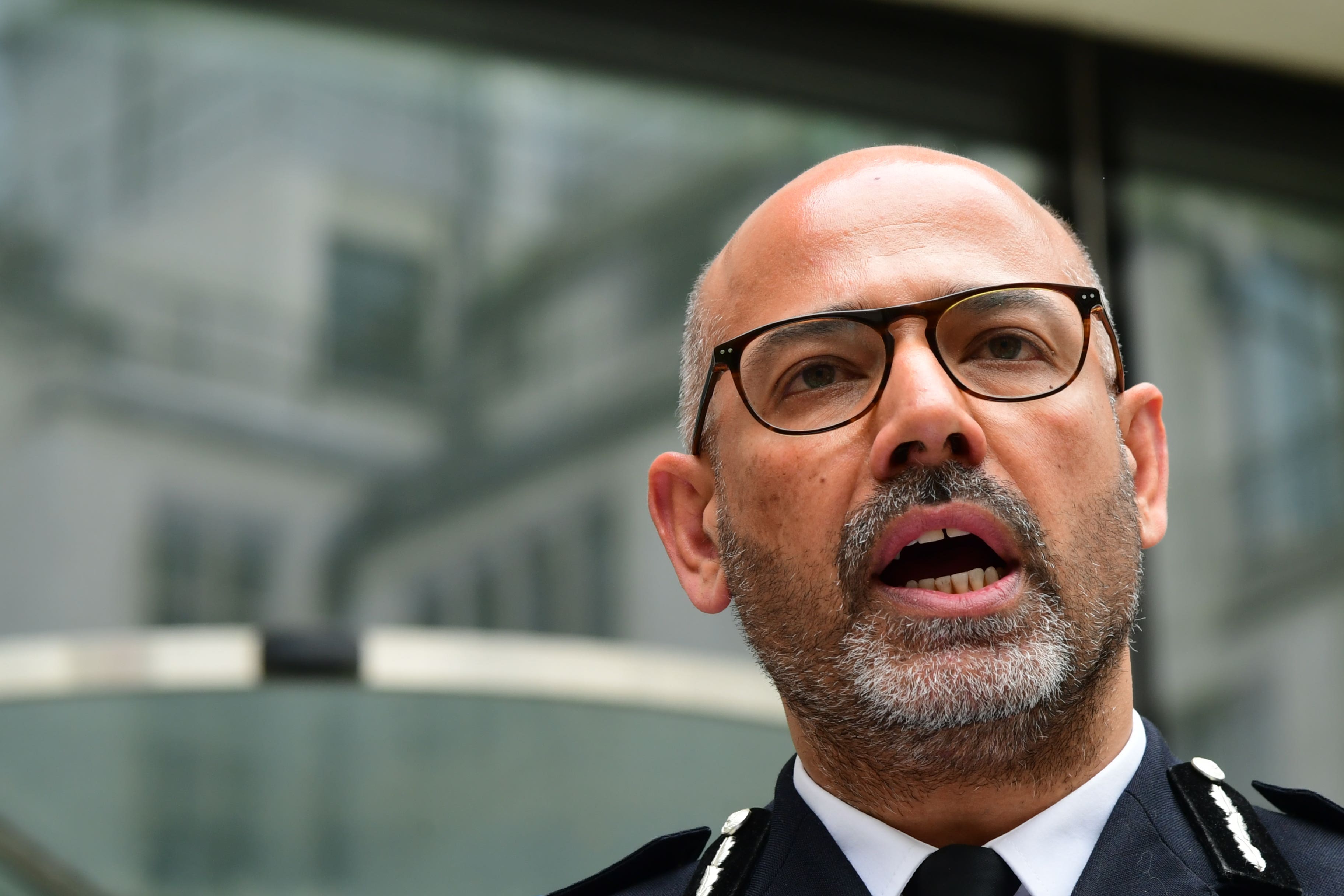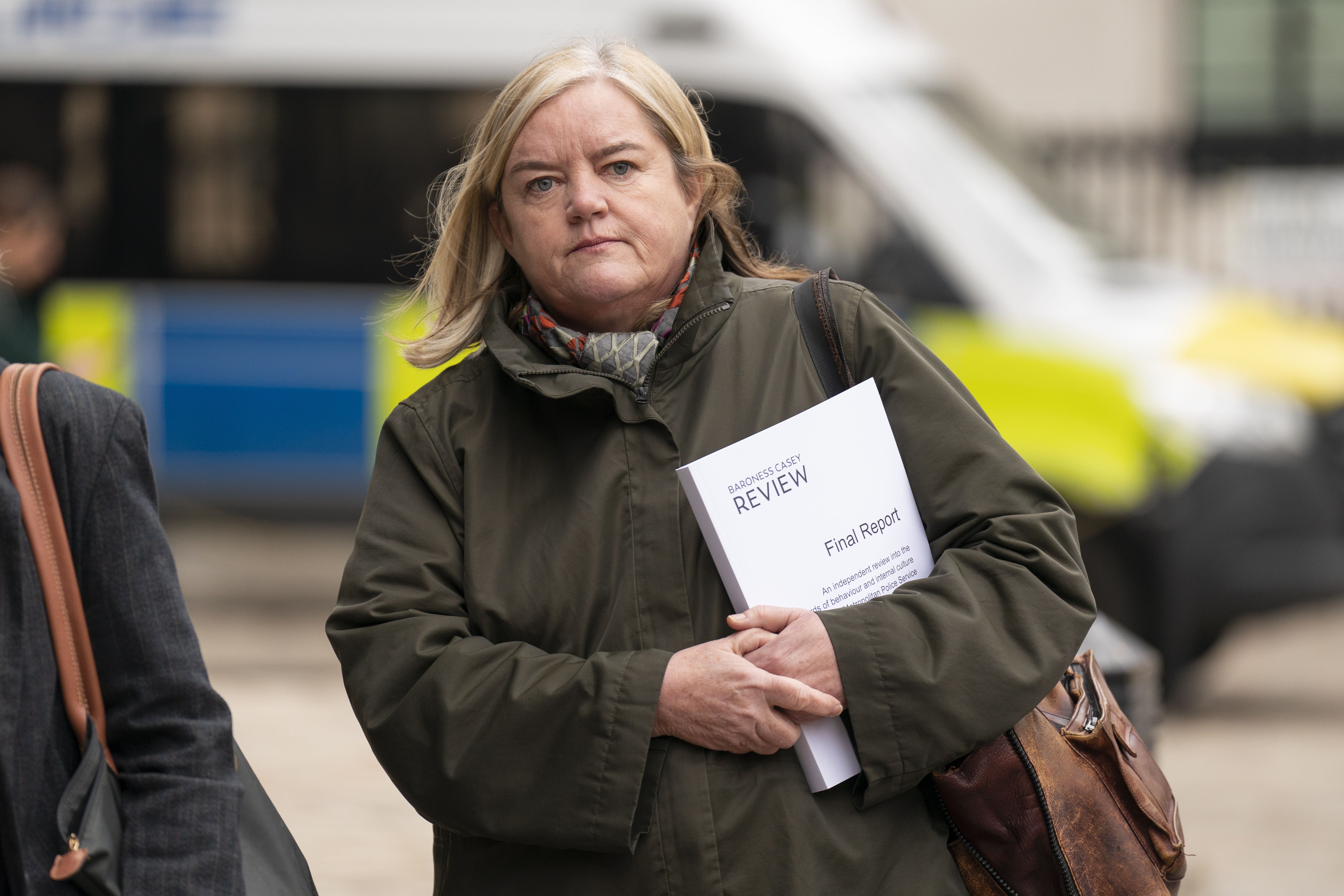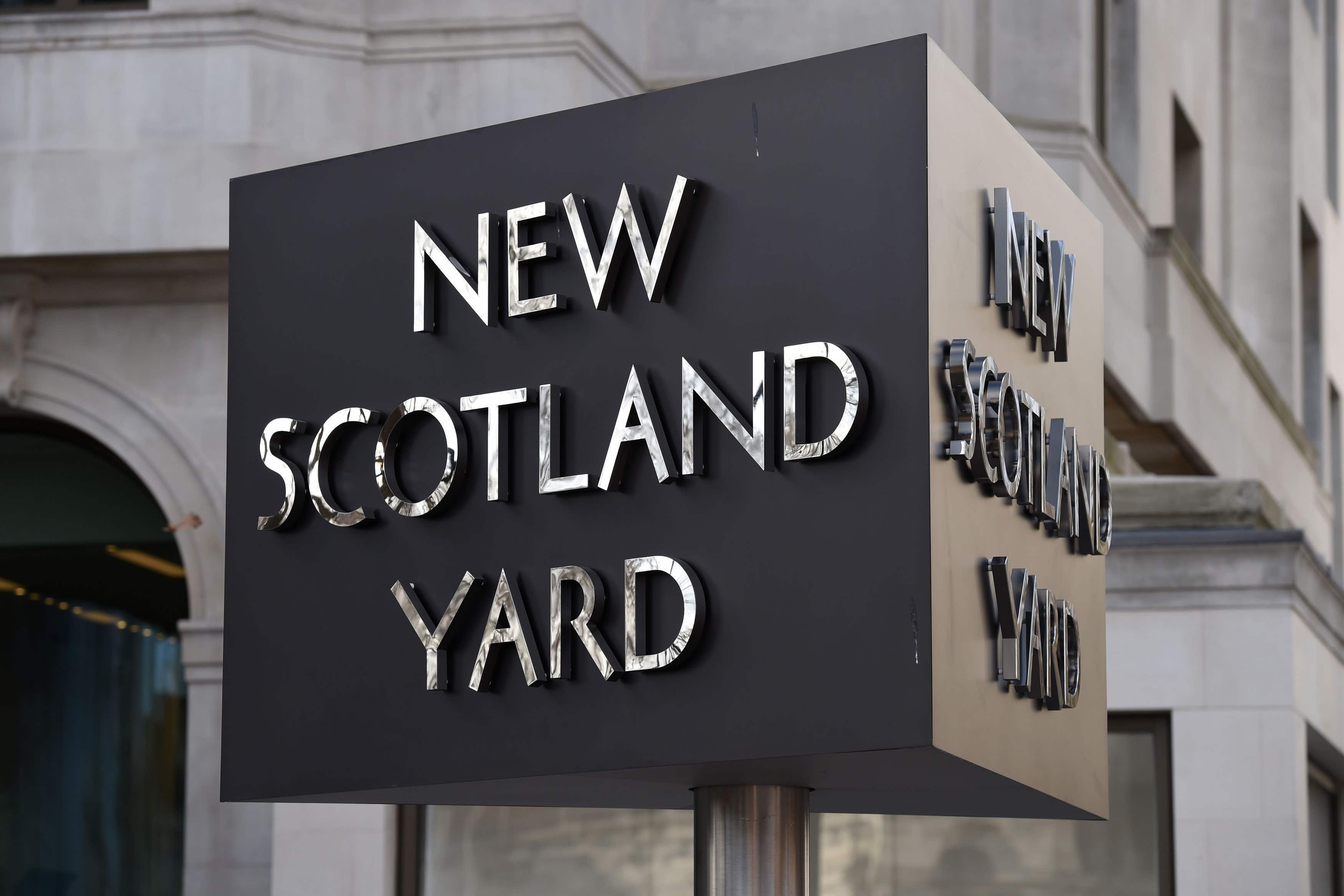Former top cop hits out at missed opportunities for Met to accept it is ‘institutionally’ racist, after chief denies term AGAIN
Exclusive: Ex assistant commissioner Neil Basu said it was a ‘mistake’ Sir Mark Rowley would not admit his force was ‘institutionally’ racist at the first London Policing Board meeting

A former leading police officer has hit out at the Metropolitan Police chief’s refusal to accept the force is “institutionally” racist, after commissioner Sir Mark Rowley rejected the term at a panel to oversee reform.
Former assistant commissioner Neil Basu said it was a “mistake” following the first meeting of the London Policing Board – a panel led by Mayor of London Sadiq Khan in the wake of Baroness Louise Casey’s damning review of the Met.
In her review, Baroness Casey concluded London’s police was force was “institutionally racist, misogynistic and homophobic”.
At the board meeting on Tuesday, Sir Mark repeatedly refused to accept the term “institutional racism”, but insisted the force recognised the issues were widespread and “systemic”.
Mr Basu, who has been appointed to the panel to help oversee and scrutinise Met reform, told the Independent: “To people like me, to communities, it’s an incredibly important issue.
“I know Mark accepts there are systemic issues and I know he is doing good things about it because I have read his plan, whether he can deliver them is a separate issue.
“He’s doing the right things, I just think he hasn’t said the right thing. And I think that is a mistake that both Mark and the National Police Chiefs Council have missed.
“There were opportunities straight after the George Floyd protest, when the race action plan was launched, when a new commissioner was appointed, when Baroness Casey published her report.
“Four absolute milestones in which this particular nettle could have been grasped and it hasn’t been. And I think that’s a mistake.”

He added that while he counts Sir Mark as a close personal friend, they disagree on this issue.
He added: “I think it would have been easier for him if he had said it. I think the black community would be much more willing to cooperate with him – and the same for other protected characteristics. But he’s chosen to go down this particular route.”
During the board meeting, Mr Basu asked his former colleague if he would keep his decision not to use the word “institutional racism” under review.
Sir Mark said: “I get feedback from some that it matters deeply that I do say it, and it matters deeply to some that I don’t say it.
“Lets focus on action rather than spend forever debating a word.”
He was further challenged by other board members, who said rejecting the term risks hampering “building trust and confidence” among racially minoritised groups, not least black Londoners.
Sir Mark insisted: “I need to use language that I think makes sense and I know that ‘institutional’ carries, to some people, a wider meaning than people in this room say it does.
“I am being really clear, in terms of racism, misogyny and homophobia, we are not saying this is simply about a few people.
“There are systemic failings. We are not shying away from that. We are not othering, we are not saying it’s down to a few people – it’s something we are owning as an organisation.”

Addressing the policing board, founded to ensure the Met responds to her recommendations, Baroness Casey said she thinks the force is “profoundly broken, but fixable”.
She said the force has a “national responsibility” to address failures or it risks “dragging down policing”.
She added: “When the Metropolitan Police sneezes - everyone gets the cold.
“So we have a big responsibility here in London to get it right for the entire country.”
Discussing controversial stop and search tactics, she said police should stop “clinging to whether its lawful” and focus on “deciding whether its right”.
“If we are going to get crime solved we have got to address consent,” she added.
“It is the day-to-day experience of Londoners that will change these metrics.”

She also described the Met’s Turnaround Plan as a “work in progress’, adding that she was not sure that “on paper” it matches a consent strategy to turnaround policing.
She added she was hopeful the “calibre, quality and class” of people appointed to the board would help them to oversee meaningful change.
Its members include Stuart Lawrence - the brother of Stephen Lawrence who was killed in a racially motivated attack in 1993, and Andrea Simon, director of the End Violence Against Women (EVAW) Coalition.
Alongside them are Sir John Aston, Tijs Broeke, Nick Campsie, Carolyn Downs, Sayce Holmes-Lewis, Susan Lea, Paula McDonald, Nicola Rollock and Leslie Thomas KC.




